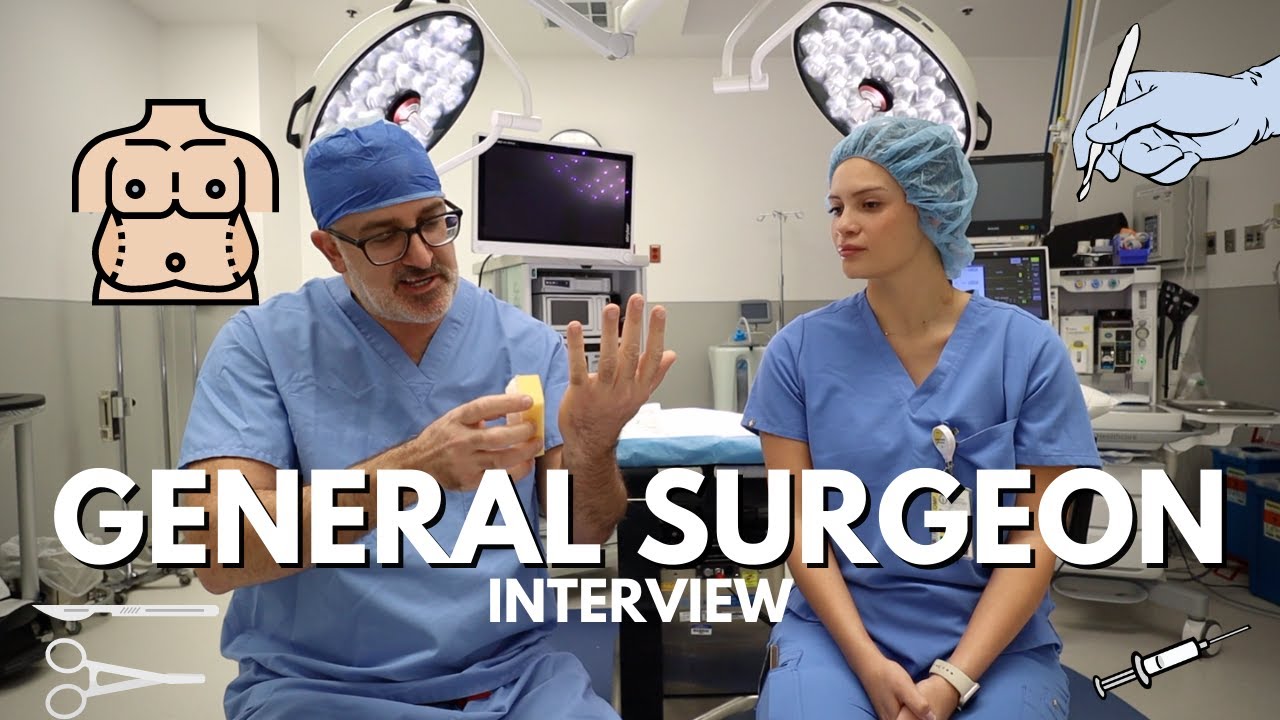How I Cured My Tinnitus
Summary
TLDRIn the transcript, Vic Veer, an ENT surgeon, shares his personal experience with tinnitus and his successful journey to manage it. He explains the common misconceptions about tinnitus, emphasizing that it's not a lifelong condition for everyone. Veer discusses various coping mechanisms, including distraction techniques, medical therapies, and relaxation methods. He highlights the importance of understanding tinnitus and seeking professional help, while also offering hope and encouragement for those suffering from this condition.
Takeaways
- 👨⚕️ The speaker, Vic Veer, is an ear, nose, and throat surgeon who has personally experienced tinnitus and managed to alleviate it.
- 🗣️ Tinnitus is not a life sentence; many people, including the speaker, have successfully managed or resolved their tinnitus symptoms.
- 🧠 Tinnitus is not caused by an issue with the ear, but rather is a result of the brain's auditory cortex processing sound differently.
- 🌀 The condition often arises from a 'feedback loop' in the brain, where attention to and reaction to the noise makes it more noticeable and persistent.
- 🧭 The brain's plasticity allows it to adapt and filter out noises, but when it focuses on a particular sound, such as tinnitus, it can amplify the perception of that sound.
- 🎧 A technique to manage tinnitus involves using distractions like white noise or engaging activities that shift the brain's focus away from the tinnitus.
- 📺 The speaker found relief by watching TV shows with subtitles, as it required focus and was a calming distraction from the tinnitus.
- 🎮 Playing fast-paced computer games also served as an effective distraction, reducing the intensity of tinnitus symptoms for the speaker.
- 🧘 Relaxation techniques like meditation may help manage tinnitus by calming the mind and reducing the stress associated with the condition.
- 💊 Medical therapies such as repetitive transcranial magnetic stimulation (rTMS) and lidocaine patches have shown promise in some cases for treating tinnitus.
- 📚 It's important to consult with healthcare professionals and seek appropriate treatment, as tinnitus can be a symptom of other underlying health issues.
Q & A
What is the main topic of the video?
-The main topic of the video is tinnitus, specifically the speaker's personal experience and methods he used to manage and eventually overcome his tinnitus.
How did the speaker initially react to his tinnitus?
-The speaker initially thought he had left a TV on due to the noise he was hearing. It took him a while to realize that he had developed tinnitus.
What is the speaker's profession?
-The speaker is an ear, nose, and throat (ENT) surgeon working at the Royal National ENT Hospital in central London.
What percentage of people have severe tinnitus that intrudes on their life, according to the speaker?
-Only 0.5 percent of people have tinnitus that's so bad that it intrudes on their life and makes their life difficult to cope with.
What does the speaker suggest about the location of tinnitus?
-The speaker suggests that tinnitus is not originating from the ear, but is found within the auditory cortex in the brain.
What is the speaker's approach to dealing with tinnitus?
-The speaker's approach involves distraction techniques, such as listening to the shipping news, watching TV with subtitles, and playing fast-paced computer games to shift focus away from the tinnitus.
What is the speaker's recommendation for people with tinnitus who also have anxiety or depression?
-The speaker recommends that people with tinnitus who also have anxiety or depression should seek medical help to treat these conditions first, as they can make it difficult to cope with tinnitus.
What is the significance of the brain's filtering mechanism in relation to tinnitus?
-The brain's filtering mechanism is significant because it normally suppresses不重要的信息, allowing us to focus on更重要的信息. In the case of tinnitus, the brain may incorrectly assume that the noise is important due to an emotional reaction, leading to increased focus on and sensitivity to the noise.
What is the speaker's view on the use of white noise or masking for tinnitus?
-The speaker believes that while some people find white noise or masking helpful, it did not work well for him as it felt like replacing one annoying noise with another. He suggests using distraction techniques that engage the brain with something other than the tinnitus noise.
What is the speaker's advice for people who believe they have caused permanent damage due to tinnitus?
-The speaker advises not to assume permanent damage and to seek help from a doctor or a tinnitus clinic. He emphasizes that tinnitus can be managed and that there are many success stories of people overcoming it.
How long did it take the speaker to completely get rid of his tinnitus?
-It took the speaker around three to four months of consistent distraction techniques and focusing on other activities to completely get rid of his tinnitus.
Outlines

This section is available to paid users only. Please upgrade to access this part.
Upgrade NowMindmap

This section is available to paid users only. Please upgrade to access this part.
Upgrade NowKeywords

This section is available to paid users only. Please upgrade to access this part.
Upgrade NowHighlights

This section is available to paid users only. Please upgrade to access this part.
Upgrade NowTranscripts

This section is available to paid users only. Please upgrade to access this part.
Upgrade NowBrowse More Related Video
5.0 / 5 (0 votes)





